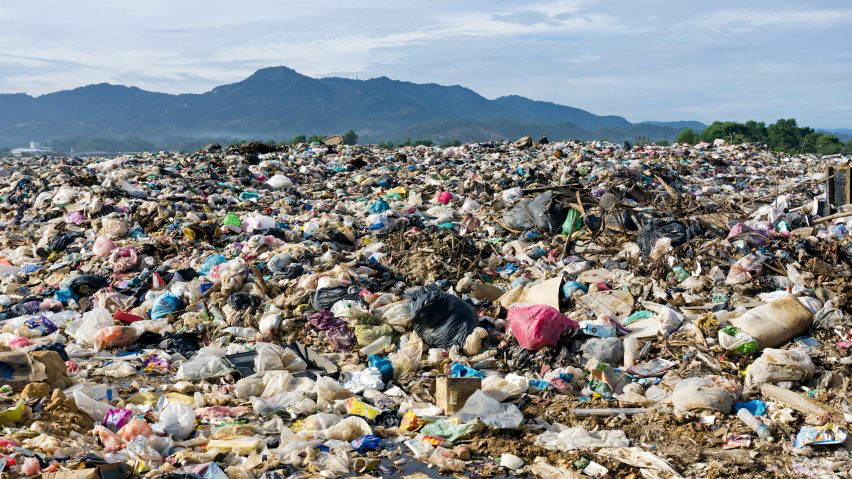UK to introduce first-ever biodegradable plastics standard to stop jargon from misleading the public
Standards apply only to land-based plastic pollution
PAS 9017, entitled "Biodegradation of polyolefins in an open-air terrestrial environment," involves testing plastics to demonstrate that they can be broken down into harmless waxes in an open-air environment.
The standard applies only to roadside plastic pollution and does not include plastics in the ocean. Researchers found that plastic in the ocean can still be used after three years.
BSI said, "If 90 percent or more of the organic carbon in the wax is converted to carbon dioxide at the end of the test, the sample passes the test. and the length of the test is up to 730 days."

Setting standards to stop manufacturers from misleading the public
Last year, the U.K. government called on experts to help it develop standards for plastics because of concerns that manufacturers were using terms such as "biodegradable," "bioplastic" and "compostable" in ways that were misleading to the public.
The term "biodegradable" implies that a material will decompose harmlessly in the environment, but in fact some plastics can take hundreds of years to break down. "Bioplastics" are plastics made from materials derived from plants, animals or animals that are not inherently biodegradable. "Compostable" plastics only decompose harmlessly when placed in special composting machines.
PAS9017 was developed by a steering group of plastics experts and sponsored by the British company Polymateria. The company has developed an additive that allows fossil fuel plastics to biodegrade.
New process aims to make plastics biodegradable
The additive allows highly degradation-resistant thermoplastics to degrade under conditions of exposure to air, light, and water, and does not produce potentially harmful microplastics.
However, the process converts much of the plastic into carbon dioxide, a greenhouse gas. "Our technology is designed to have multiple triggers to ensure activation," Polymateria said. "Thus, time, UV, temperature, humidity and air will all come into play at different stages to allow the technology to convert the plastic from a chemical to a biocompatible material." "Independent third-party laboratory tests have shown that under realistic conditions we achieved 100% biodegradation in rigid plastic containers in 336 days and in film materials in 226 days. And in the process, zero plastic residue was generated and no environmental harm was caused," Niall Dunne, CEO of Polymateria, told reporters.
The production of plastics is expected to double by 2050, and many technicians are looking for alternatives to fossil-based plastics. Priestman Goode recently made reusable fast food boxes out of cocoa bean shells. And Bottega Veneta designed biodegradable boots made from sugar cane and coffee.

